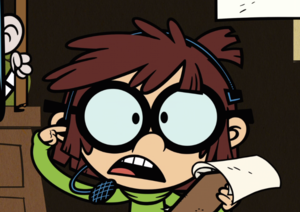That's not how CBT, TRT counselling works
@JohnAdams Since you have never had tinnitus counselling and
@Vicious99 I and many others have I will enlighten you and the rest of non believers. I know your mind cannot be changed and one of the main reason for this: the majority of non believers in tinnitus treatment, do not have severe debilitating tinnitus that affects their life profoundly. Most (not all) are still able to work, at school or university. If it did I assure you that you would want to try counselling, medication etc and wouldn't be so dismissive of these treatments.
Tinnitus comes in many forms and intensities and no two people will experience it the same. If hyperacusis is present, which is often the case with "Noise induce tinnitus" it can complicate matters further. It is true that with time a lot of people do habituate to tinnitus and hyperacusis often improves. This process can take anywhere from three to eighteen months and longer to occur but there are no absolute certainty this will happen. Some people may need professional with a Hearing Therapist or Audiologist that specialises in tinnitus and hyperacusis management and treatment. This can included: counselling, sound therapy and medication. Used individually or in combination.
The effects of tinnitus can be very debilitating for some people. At first the Therapist discusses with the patient how the tinnitus makes them feel and how it has impacted on their life. Often people say they have lost interest in the things they once liked doing, which is perfectly understandable. The main goal is to gradually help them to look at life differently and with a more positive outlook. Over time the negative thinking that is often associated with tinnitus and hyperacusis is gradually dispelled and demystified. The Hearing Therapist does this in a controlled and precise manner so that the patient feels relaxed and not pressured.
When people have spoken to people in distress with tinnitus it is not unusual to be told:
"If I could only get my life back". "
My life used to be perfect". "
I keep looking at peoples ears and wondering what my life used to be like". "
If I could only hear silence again". And so on.
When someone gets loud intrusive tinnitus with or without hyperacusis, in an instant their world has been turned upside down. Some go through periods of stress, anxiety even depression and yearn for the way life was before the onset. They need time to adjust and to accept this new anomaly in their life. Some have an easier time than others at habituating, so may not need the help of a tinnitus counselling. For some that find the tinnitus and hyperacusis severely intrusive TRT and CBT can prove to be helpful. It all depends on the individual, their emotional makeup and the severity of the condition because we are all different. It is for this reason these treatments can take up to two years for a person to adjust to a different way of life and often with a positive outcome.
Michael

 Member
Member